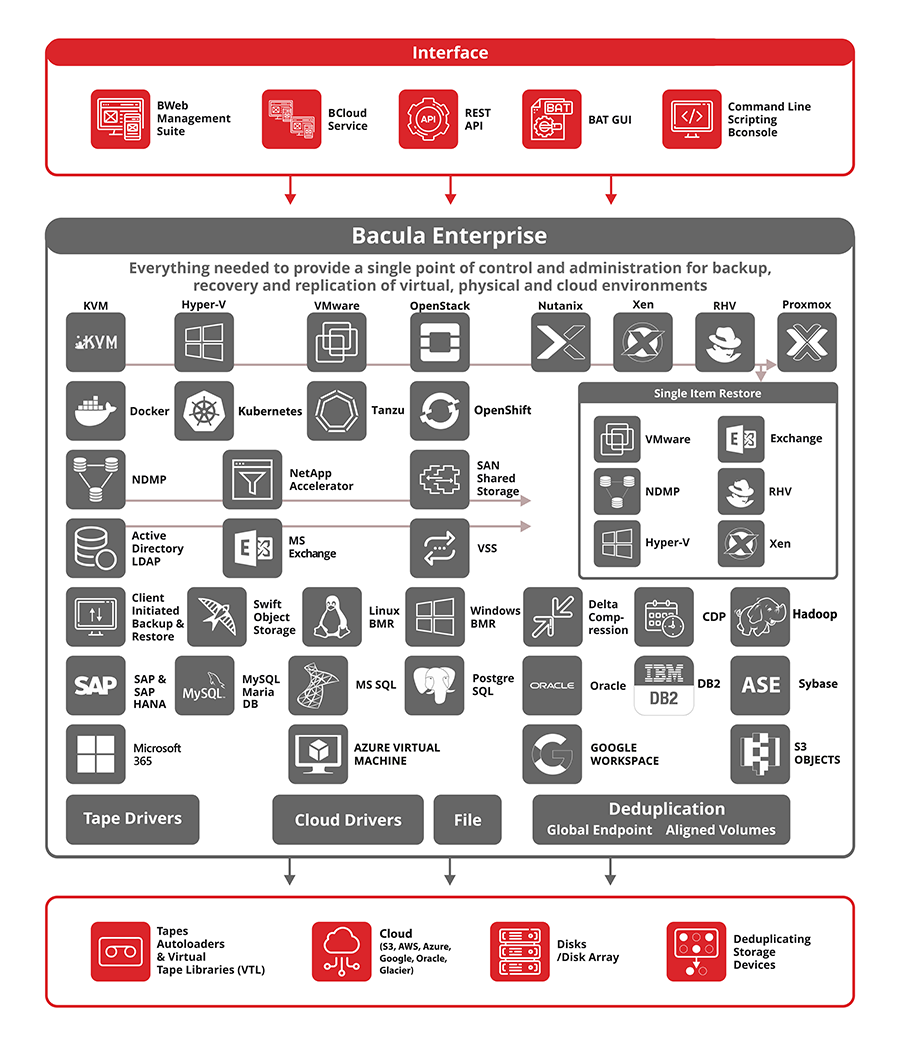What people are saying about Rubrik and Veeam as alternatives?
There are a good number of opinions available regarding the comparison of Rubrik and Veeam! For example, this first post asks for any advantages of Veeam over Rubrik – aside from its cost.
One answer states:
“Rubrik still feels half-baked in many ways, their only real selling point is immutable backups.”
Other comments in the same thread specify that the topic starter’s security representative seems to be paying a lot of attention to security matters – and it seems that Veeam has had some issues with that over the years. The thread in question continues with other users stating that Veeam should be avoided for a few years until this is fixed – but one more user presents a counter-argument stating that Veeam has been around for over a decade now already.
One more comment appears to suggest combining Veeam’s free backup capabilities with third-party software for a makeshift cloud backup solution:
“If you’re using Windows you won’t find anything better than Veeam if you need whole image backups. I’ve tested it myself by backing up and restoring to different hardware, it works fine.
Veeam Backup and Replication has the community edition, which is free for 10 VMs. Veeam Agent is used for local backup only and is free for a single backup job. Community edition perfectly works with rclone https://rclone.org/ or Starwind VTL https://www.starwindsoftware.com/starwind-virtual-tape-library. They push your backups to the cloud.”
Of course, this is not the only example of an Internet discussion revolving around this particular topic. Another thread within that same subreddit seems to be choosing between Veeam, Rubrik, and Cohesity – explaining their situation with Rubrik as their current backup and Veeam as the topic starter’s past backup, but the company this person works for seems to be against Veeam specifically.
The most liked response immediately calls out the bias in the company’s dislike towards Veeam specifically, stating that, while it can be pretty bad (especially when it comes to Veeam’s pricing), it is nowhere near the worst solution on this market. There is also another user stating a successful move towards Cohesity:
“We used to use Veeam, but it got too expensive and ended up switching to Cohesity. I really like it. It’s simple to use and backups just work. I haven’t had any issues with it in the 3 years we’ve had it, and restores are really fast and easy. That said, Veeam is still a really good product.”
Some users seem to be stating that Rubrik is somewhat superior to Veeam, such as:
“What issues are you having? I’ve used Veeam and Rubrik extensively and currently a Rubrik customer. They don’t play in the same space. It’s like saying “Should I buy a 2500 sq foot single family home or a football stadium”, technically you can sleep in both.
You’ve already got one of the best backup products that exists, I’d look into why it isn’t doing what you think it should rather than dump it for something inferior.
Don’t get me wrong, I love Veeam, but if you’ve got Rubrik, you’ve likely outgrown the box Veeam targets.”
Quite a lot of different users seem to be agreeing on the fact that moving from Rubrik to Veeam is going to be a downgrade, not an upgrade. There are multiple different analogies about Rubrik and Veeam being on completely different levels – “Disney vs Six Flags”, “Lexus vs Toyota”, etc.
Other potential solutions in this particular thread are:
- NAKIVO
- Unitrends
- Quorum
- Synology (for edge cases or SMBs)
Of course, this is just two examples of opinions being exchanged on this particular topic, but these examples clearly illustrate that there are plenty of alternatives for practically any backup and recovery need, even for the most unusual use cases and situations. One obvious example would be Bacula Enterprise, which is an especially highly secure and scalable solution – used by small or medium sized businesses, through to some of the most demanding organizations in the world, such as NASA.





